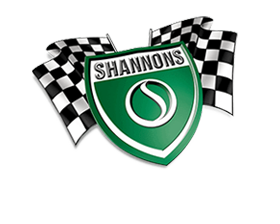1973 Leyland P76 Executive V8 Sedan
Sold: $26,000
Specifications
| Engine | V8, 4416cc |
|---|---|
| Gearbox | 3-speed automatic |
| Body Work | Sedan |
| Colour | Bitter Apricot |
| Interior | Parchment |
| Trim | Cloth |
| Wheels | Steel Disc |
| Brakes | Discs/Drums |
Description
Regarded as something of a heroic failure, the P76 was Leyland Australia’s attempt to build a full-size family sedan to compete with the local Holden, Ford and Chryslers then dominating the market. Designed from the ground up in the early 1970s, the P76 owed little to existing models, with styling by Italian designer Giovanni Michelotti. Billed as “Anything but average”, the P76 boasted class-leading features like power-assisted front disc brakes on all models, rack and pinion steering, MacPherson strut front suspension and a bonded windscreen with concealed wipers. Designed around the new ADRs, the P76 also came with some advanced safety features such as side intrusion bars on all four doors and recessed door handles. Under the bonnet Leyland offered a choice of two engines, starting with an enlarged 2623cc version of the straight six found in the Austin Kimberley and Tasman, supplemented by an alloy V8 displacing 4416cc. Three trim levels were offered, the Deluxe (distinguished by two headlamps instead of four), Super and Executive. Taking out Wheels magazine’s coveted Car of the Year award, the P76 won praise for its class leading boot, remarkably rigid body and performance but a combination of the Oil Crisis and early reliability issues hampered sales. Alongside the Deluxe and Super models, Leyland introduced the more luxurious Executive model, loaded with many extra features. Standard equipment included the T-bar auto, power steering, reclining cloth bucket seats, better ‘cut-pile’ carpet (including the boot), rear map lights and additional sound-proofing. Factory air conditioning remained an option. Leyland turned to motor sport in an effort to boost sales, entering the P76 in the 1974 World Cup Rally and it won the Targa Florio stage, finishing a creditable 13th overall, resulting in a limited edition model named after the Sicilian mountain. Leyland even tried building a two-door fastback version named the Force 7 and even a station wagon was trialled, although it never reached the production stage. Production of the P76 ceased when Leyland closed the Zetland factory in October 1974, although CKD variants continued on in New Zealand for a couple more years. Just over 18,000 P76s were made all told and the model enjoys a loyal following today, with plenty of support from local clubs and specialists.





















